Blogs and Free Resources
Here at PESI, our mission is to provide professionals like you with FREE practical and valuable tools, strategies,
and resources to assist with the great work you do. Find expert tips, helpful worksheets, demonstration videos, CE, news,
and more here. Happy learning!
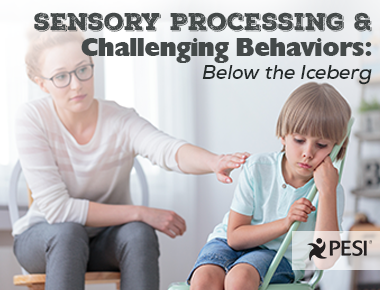
Sensory Processing and Challenging Behaviors: Below the Iceberg
When we practice personalized attunement, we are better able to manage the inevitable dynamic shifts in a child’s receptivity, mood states, and availability for learning. Let me show you how this strengthens relationships...
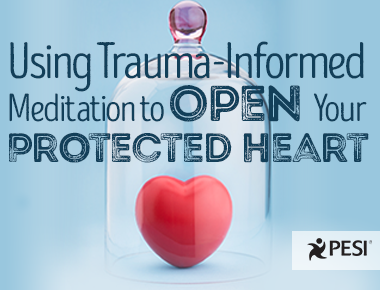
Trauma-Informed Meditation
It’s important to understand that traumatic experiences can significantly affect our perceptions and our sense of self, and can sensitize us to sensations, thoughts, and emotions. Fortunately, there are helpful ways to ensure that meditation instruction is trauma-informed, with an emphasis on grounding and physical and emotional security.
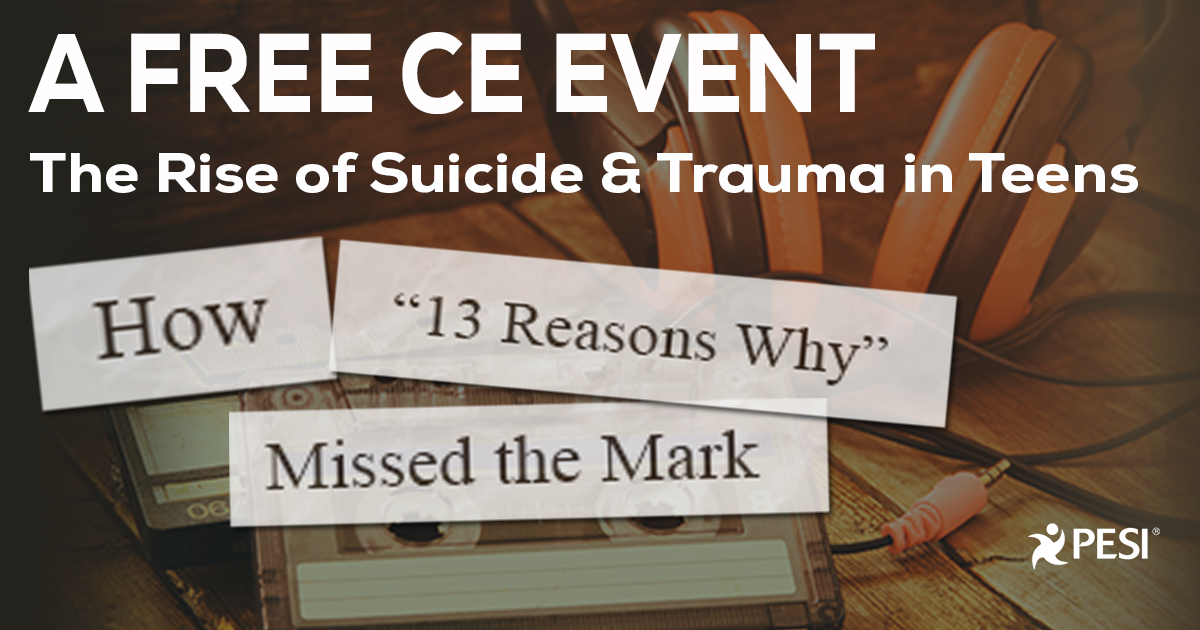
The Rise of Suicide and Trauma in Teens
How "13 Reasons Why" Missed the Mark
Whether you find the show compelling or troublesome, one thing is certain: We need to talk about the rise of teen suicide and trauma in kids and teens. That’s why we created a free, one hour online CE seminar designed for clinicians, educators, and even parents to learn how to talk about suicide and mental health with teens. Read more to get instant access...
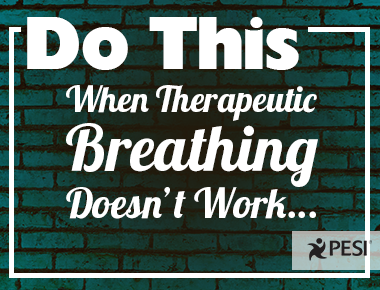
When Therapeutic Breathing Isn't Effective
You don't always have to know what's going on with your clients in order to help them...I had a client that just didn't benefit from therapeutic breathing, so I tried something different. Let me show you in this short video.
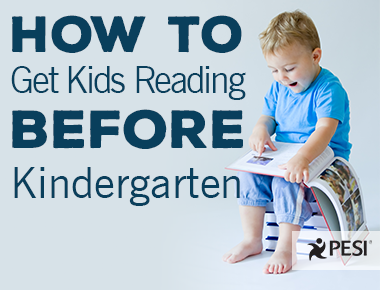
How to Get Kids Reading Before Kindergarten
The "Kitten Chow" activity
We all play a vital role in the development of the kids that we serve. As providers, we not only affect a child's current development, we also have the ability to shape a child's future academic and social success when we help them learn to love reading.
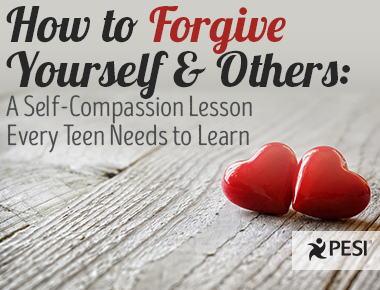
How to Forgive Yourself and Others
A Self- Compassion Lesson Every Teen Needs to Learn
Self-compassion and mindfulness skills can be adapted to almost any challenging situation teens face. The card deck I created provides over fifty conversation starters and exercises you can use with teens to help build mindful awareness, compassion, empathy, and kindness. Try this easy-to-implement exercise on forgiveness.
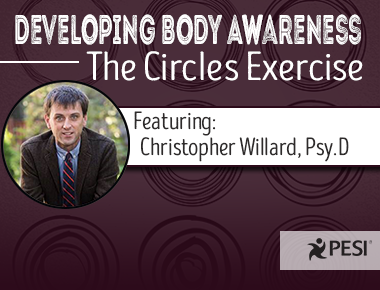
Developing Body Awareness
The Circle Exercise
The Circle Exercise is a great tool to use when you need a little bit of movement to wake up the mind and body and clear the head. It can be used with all ages, both individually or in a group.
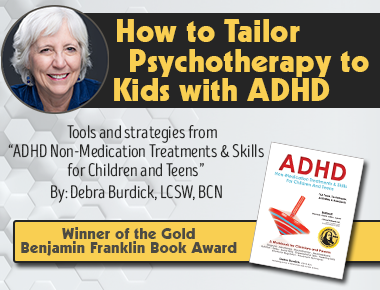
How to Tailor Psychotherapy to Kids with ADHD
Get 2 free handouts to help tailor your psychotherapy approach for kids and teens with ADHD.
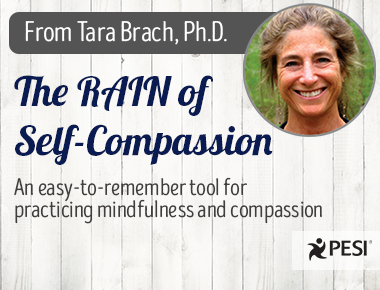
The RAIN of Self-Compassion
In order to unfold, self-compassion depends on honest, direct contact with our own vulnerability. This compassion fully blossoms when we actively offer care to ourselves. Yet when we’ve gotten stuck in the trance of unworthiness, it often feels impossible to arouse self-compassion. To help people address feelings of insecurity and unworthiness, I like to share a meditation I call the RAIN of Self-Compassion. This easy-to-remember tool for practicing mindfulness and compassion uses four simple steps…
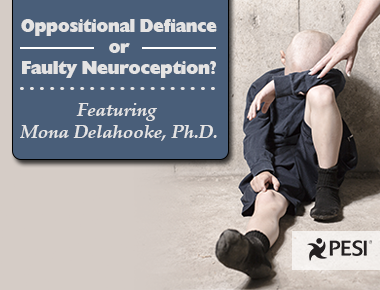
Oppositional Defiance or Faulty Neuroception?
Over the years I have come to believe that oppositional defiant disorder (ODD) is not a label that should be used to describe young children. As a developmental psychologist, I view oppositional defiance as a child’s response to stress. Viewing children’s challenging behaviors on a continuum of stress and stress recovery reveals a whole new way to think about this stigmatizing disorder, as well as a new way to support children, informed by neuroscience.

